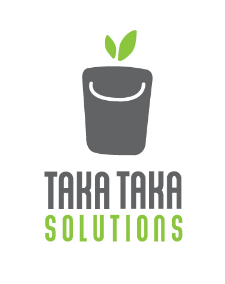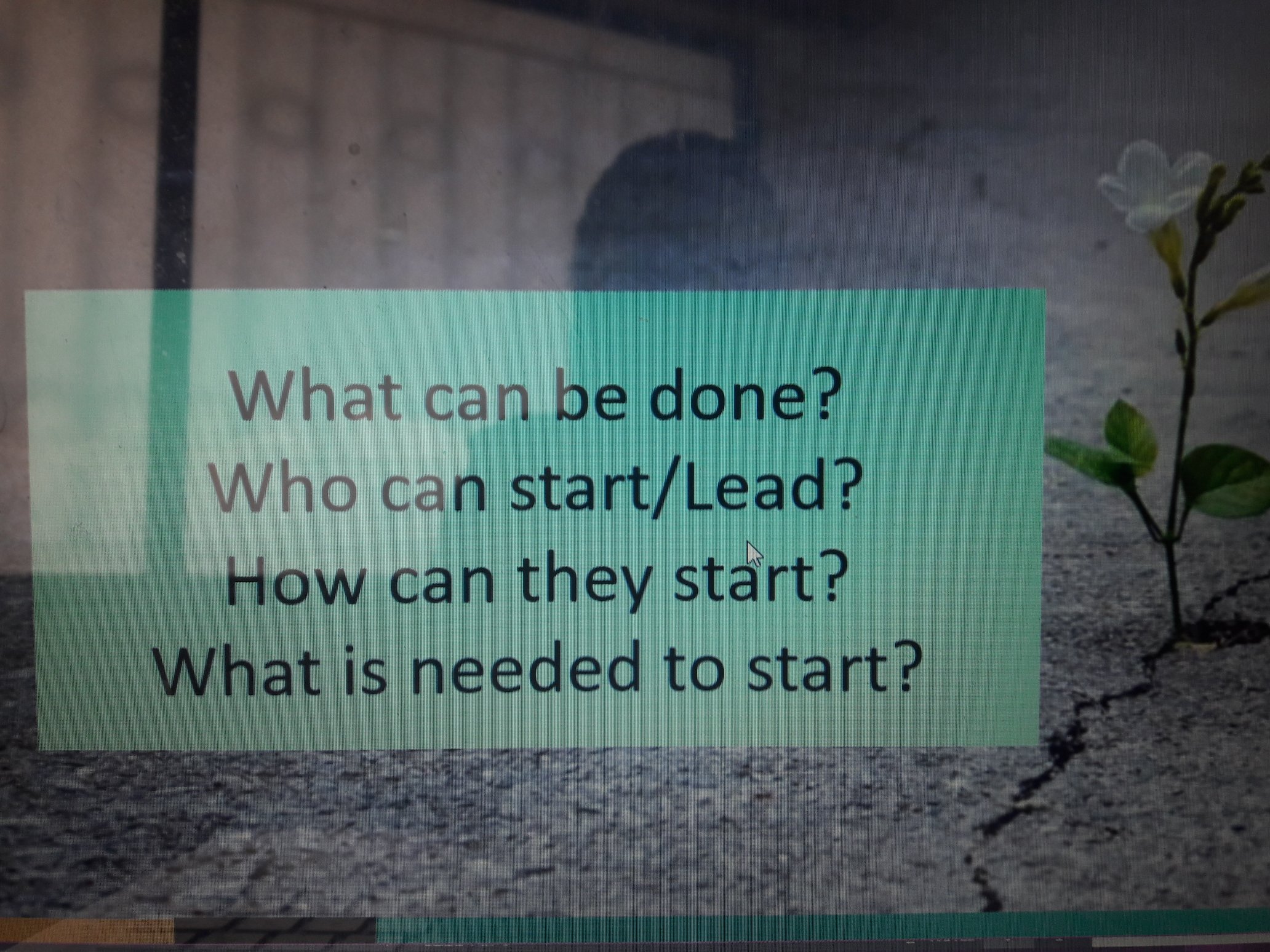Date: 19th February 2018
This was a follow up meeting after the plastic waste management mission, to funnel the discussion into specifics in the hospitality industry. This led to commitment such us better procurement policies, no single use plastic, no straws etc. SIBKenya is still working on partnerships for solutions in this space. Tourism challenge & Tips tricks for sustainable events and meetings have been designed and are currently activated with coalitions and partners in the Tourism & Hospitality space.
Highlights from the meeting
Agenda: Waste presentation – The current situation and trends on plastic waste in Kenya.
- Global
- Kenya
- Hospitality Sector
Trends and views of plastic (water bottle) use, Role of Government, Role of Private Sector Discussion with input by SIBKenya and Partners
- USE OF PLASTIC BOTTLES IN THE HOSPITALITY INDUSTRY (mindset, behaviour, facts and costs, alternatives)
- COLLECTION (What is available, challenges, actions)
- RECYCLING (What is recycling, update about Kenya, possibilities, facts)
- MARKETING & COMMUNICATION – How marketing is all about adding value – link with being a Responsible, Sustainable, Inclusive Business
- CONCLUSIONS MUST LEAD TO ACTIONS – lets walk the talk:
Immediate action to be in better control of their Plastic (Bottle) Waste Management for the service/hospitality:
- Use glasses and water jugs / water dispensers instead of plastic water bottles during meetings.
- Use a new way of marketing communication: Communicate the positive impact of your business practices and choices to employee suppliers and other business relations.
- Introduction of refillable bottles – during long meetings, safaris etc.
- Set up a collection – recycling system for current plastic use. (other topic -> collection and recycling of glass)
- If you use or buy PET bottles, always choose the transparent ones.
- Have your waste collected by a waste collector that ensures separation and recycling.
- Start separating your waste in wet and dry in the kitchen.




